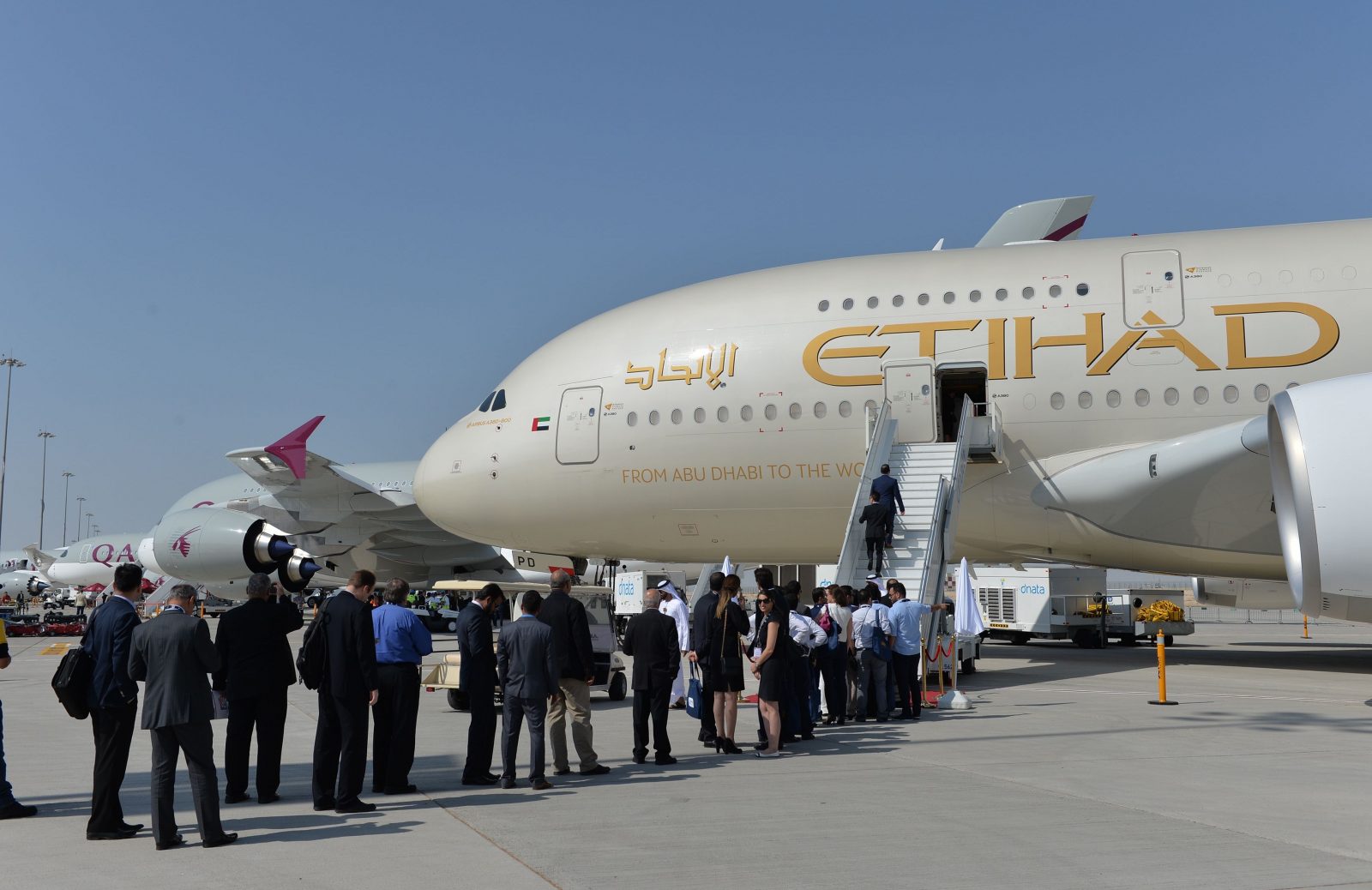
Etihad Airways said it would accelerate its goal to become a mid-sized carrier with a “leaner” and new “streamlined” structure, starting off with the culling of several high-paid executive roles at the top of the airline. The Abu Dhabi-based airline had already commenced a major restructuring after Tony Douglas took over as chief executive in 2017 but is now implementing more changes to “meet the challenges of the global downturn in aviation head-on.”
“As a responsible business, we can no longer continue to incrementally adapt to a marketplace that we believe has changed for the foreseeable future,” commented Douglas on Sunday. “That is why we are taking definitive and decisive action to adjust our business and position ourselves proudly as a mid-sized carrier.”
This action, Douglas said, would start with an “operational model change” and a restructuring of the senior leadership team.
Chief commercial officer, Robin Kamark has “decided to leave the business” with his responsibilities transferred to the chief operating officer, chief financial officer and the executive director for guest experience, brand & marketing.
The role of senior vice president of sales & distribution has also been disbanded, as has the chief risk and compliance officer. The chief transformation officer’s role will also not be filled and instead the responsibilities folded into the chief financial officer’s role.
Douglas said Etihad would remain a full-service carrier but the airline will inevitably shrink as Abu Dhabi welcomes its first budget carriers. Etihad has partnered with Air Arabia, while another government owned entity has set up a partnership with European budget airline Wizz Air.
In response to the COVID-19 pandemic, Etihad has already made thousands of workers redundant, with some sources claiming the airline could have just 1,500 cabin crew left by early next year. In contrast, in February Etihad employed nearly 5,000 cabin crew and almost 2,000 pilots out of a total workforce of 20,457 employees.
Efforts by the Abu Dhabi government to turn Etihad into a global behemoth that could compete with the likes of Emirates ended in disaster when a failed equity investment strategy ran up huge losses. In 2016, Etihad recorded a record loss of $1.95 billion, followed a year later with a $1.52 billion. Those losses narrowed to $870 million last year but in the first half of this year, Etihad had already recorded a loss of $758 million.
Mateusz Maszczynski honed his skills as an international flight attendant at the most prominent airline in the Middle East and has been flying ever since... most recently for a well known European airline. Matt is passionate about the aviation industry and has become an expert in passenger experience and human-centric stories. Always keeping an ear close to the ground, Matt's industry insights, analysis and news coverage is frequently relied upon by some of the biggest names in journalism.







